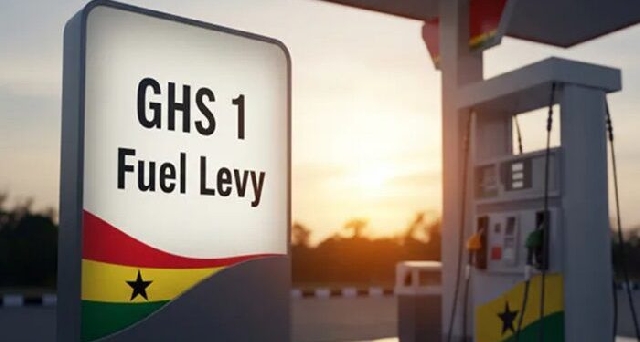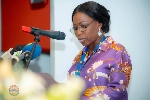Ghana implements controversial “Dumsor Levy” amid public outcry
 D-Levy
D-Levy
The government of Ghana has officially rolled out its new “Dumsor Levy,” a controversial GHS 1 charge per litre of fuel, aimed at supporting the ailing power sector.
The measure, which took effect today under the newly passed Energy Sector Levies (Amendment) Act, 2025, has ignited sharp backlash across the country.
Passed under a certificate of urgency, the law adds to the growing list of fuel-related taxes, pushing total levies on petroleum products above 33%, according to critics.
The levy is intended to help stabilise the national grid, service the sector’s ballooning US$2.5 billion debt, and ensure a consistent electricity supply.
However, the policy has been met with widespread resistance from transport unions, businesses, civil society groups, and the political opposition.
The African Institute of Energy Sustainability (AIES) strongly condemned the levy in a press release, calling it “unjust, economically flawed, and socially unfair.” AIES Executive Director, Dr. Samiu Kwadwo Nuamah, argued that the additional cost will hit ordinary Ghanaians the hardest.
“More than 77% of all fuel consumed in Ghana is used for transportation, not power generation.
This levy disproportionately affects commuters, transport operators, and businesses, escalating prices across the board,” Dr. Nuamah stated.
Minority Leader in Parliament, Alexander Afenyo-Markin, also weighed in, accusing the government of policy inconsistency and poor planning. “This is a shameful retreat and yet another example of trial-and-error governance,” he said, calling for the immediate repeal of the law.
Critics argue that the root causes of Ghana’s energy crisis—such as inefficient power purchase agreements, weak planning, and institutional mismanagement—remain unaddressed. They fear the levy will only burden consumers without offering sustainable solutions.
Government officials have defended the move, maintaining that it is a necessary step to restore the financial health of the energy sector and prevent another wave of debilitating power outages, commonly known as "dumsor."
Source: Classfmonline.com/Cecil Mensah
Trending News

Over 13 countries eye Ghanaian health workers under new managed migration strategy – Health Minister
04:36
Two arrested for impersonating Goldbod taskforce officials in Western Central Region
03:34
Defence Minister inaugurates 4th VAG board
03:12
Mahama taps US-trained surgeon as Dep. Health Min.: Prof. Ayensu-Danquah brings decades of int’l expertise to healthcare role
09:05
NPA GHS 280m scandal: OSP sets to fail in court on Wednesday-Lawyer
04:21
Lands Minister inaugurates Greater Accra Regional Lands Board
02:59
Agric Minister solicits CSIR expertise to modernise agriculture
02:56
Anti-galamsey taskforce raids Ankobra river: Equipment destroyed and confiscated
09:03
Gov't orders forensic audit into National Cathedral project over financial irregularities
03:45
Minority Leader demands full investigation into Ablekuma North parliamentary re-run violence
02:44



